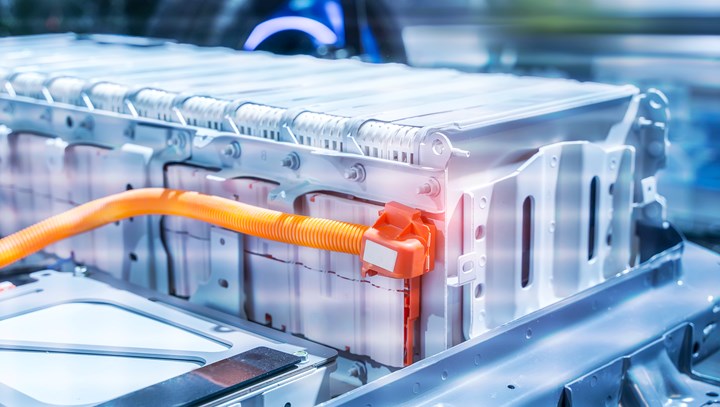Glass-Filled, Halogen-Free FR PP for E&E, Automotive and More
Teknor’s Crealen offers excellent flammability ratings and superior glow wire ignition performance while maintaining properties after exposure to moisture and acid.

A new series of glass-filled, halogen-free flame-retardant PP compounds designed to meet the demand for higher voltages and smaller, lighter components in the E&E, automotive, appliance and energy storage markets has been introduced by Teknor Apex. The Crealen HFFR PP compounds are said to offer excellent flammability ratings and superior glow wire ignition performance. Utilizing an innovative halogen free flame-retardant technology, these grades deliver UL 94V0 performance at 1.5mm and achieve UL 5VA at 3.0mm, while maintaining excellent mechanicals properties after exposure to moisture and acid. This unique balance of properties reportedly makes them well suited for a wide range of demanding applications, including thin-wall housings, connectors, brackets, and shields in eMobility, power tools, outdoor power equipment appliances, and electronics.
According to Teknor, Crealen HFFR PP compounds offer a wide range of benefits, such as inherent resistance to moisture absorption, excellent adhesion to TPEs and TPVs in 2-K molding, and significantly lower density, in contrast to more commonly used glass-filled flame-retardant compounds based on nylon 6 or PBT. Due to these unique performance characteristics, they are an excellent choice for applications that require resistance to acid exposure or for use in high-humidity environments. “Specialty Crealen HFFR PP compounds offer enhanced performance and unique characteristics, that enable electrical system engineers to successfully replace typical engineering plastics, by unlocking design potential and enabling systems cost savings. We plan to expand this product series with further innovation and launch products suitable for extrusion processing for manufacturing of wire & cable products, conduits, tubing, and sheet applications,” said Teknor’s v.p. for engineering plastics Pratik Shah.
Related Content
-
Fungi Makes Meal of Polypropylene
University of Sydney researchers identify two strains of fungi that can biodegrade hard to recycle plastics like PP.
-
Flexible-Film Processor Optimizes All-PE Food Packaging
Tobe Packaging’s breakthrough was to create its Ecolefin PE multilayer film that could be applied with a specialized barrier coating.
-
Fundamentals of Polyethylene – Part 3: Field Failures
Polyethylene parts can fail when an inappropriate density is selected. Let’s look at some examples and examine what happened and why.












